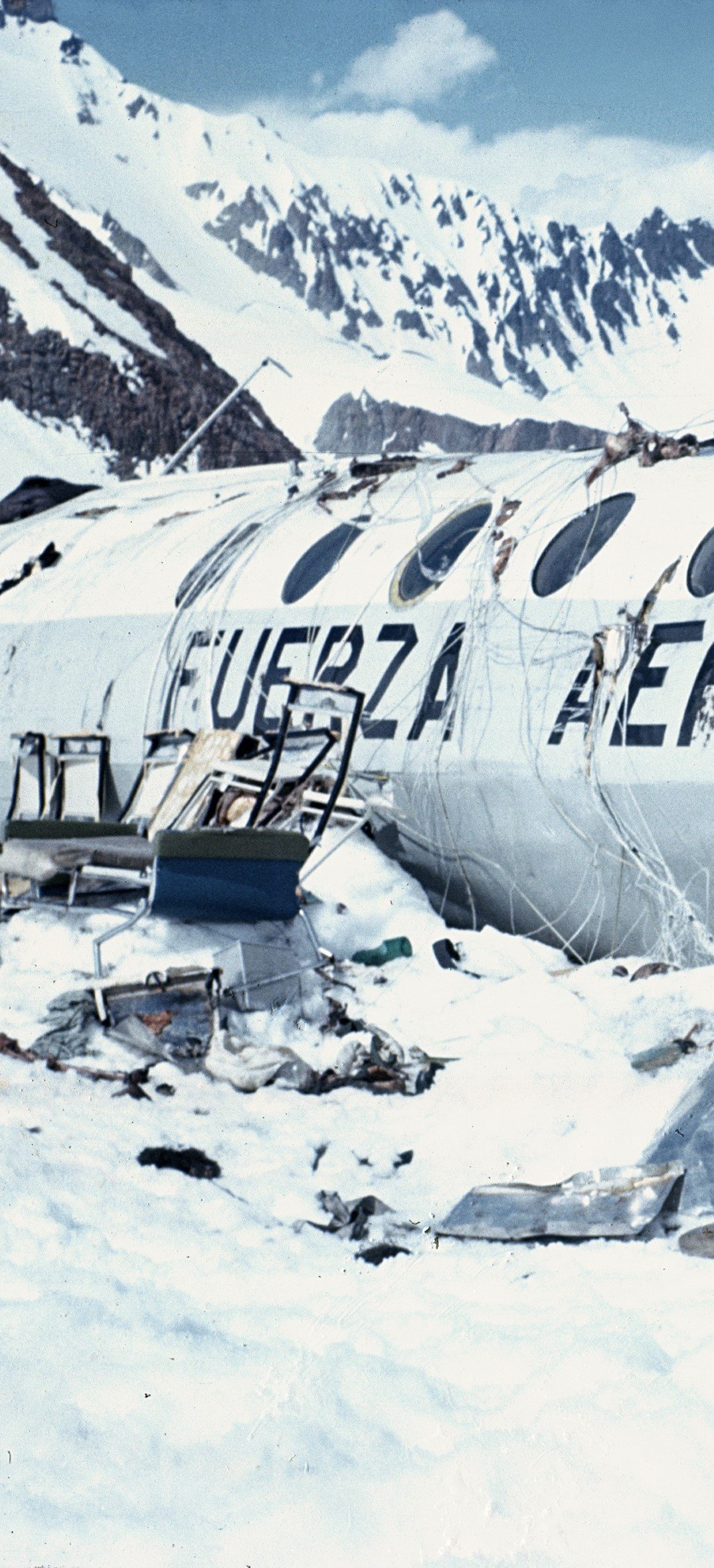A Uruguayan Air Force plane, commissioned for civilian flight, crashes in the Andes. Among the forty passengers are a first-division rugby team, accompanied by family and friends. Hindered by treacherous conditions, the search and rescue efforts cannot locate the wreckage and are abandoned after eight days. Ten weeks later, two unkempt boys are spotted by a muleteer high in the Chilean foothills. One throws a note to him, across a mountain torrent: I come from a plane that fell in the mountains. In the plane there are still fourteen injured people.
The story of the survivors’ seventy-two days on the mountain, their trek to freedom, and the parents’ search for their lost children, makes the 1972 Andes Flight disaster one of the most iconic survival episodes in recent history. It was the subject of the best-selling 1974 book Alive by Piers Paul Read, and the 1993 movie of the same name. The sensationalism of what the survivors had to do to stay alive has tended to overshadow a rich tale of survival, courage and determination against impossible odds. Its unwilling participants came from a vibrant, intelligent, and closely-connected community, where the winners and losers still live side by side. It is an important story for humanity, one that talks about the triumph of human spirit and values over unimaginable adversity.
